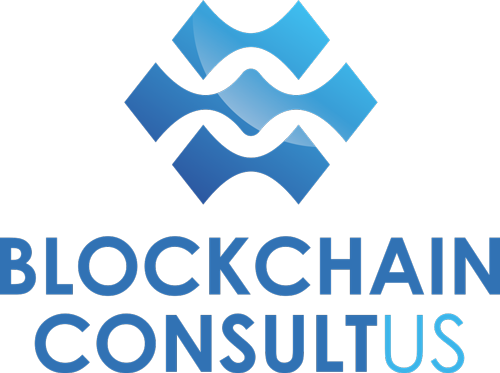It was a matter of time before we could see an application of Blockchain in the pharmaceutical industry on a regular basis, and now good news is coming from the USA.
The network MediLedger, powered by Blockchain, released a report where it describes the benefits of Blockchain in the pharmaceutical industry, in particular for the FDA (Food and Drug Administration) in its fight against counterfeit drugs.
According to the US government, since 2012, smugglers caught selling fake drugs sold up to 63 medications to over 3,000 doctors, clinics, and hospitals across the country.
This is very dangerous and puts patients’ lives at risk: in 2012 the FDA found two batches of imported Avasting, used to treat cancer, with no active ingredient, and in 2015 three people lost their lives because of counterfeit Xanax.
In the middle of the COVID-19 pandemic, it is more important than ever to fight the spread of counterfeit drugs. In order to do so, the FDA defined the terms of a new law that will be enforced in 2023: the Drug Supply Chain Security Act.
With this law, the American regulators are requesting all pharmaceutical companies to implement thorough tracking systems for all drugs produced and sold.
On the base of this request, the network MediLedger ran a pilot project based on Blockchain.
The solution provided by Blockchain
The technological approach taken by MediLedger is made by three core elements:
- A private messaging application for clients;
- A blockchain on which transactions are validated with proof of authenticity. A system that simply can’t be tricked by those who want to break business rules;
- zk-SNARKs: Zero-Knowledge Succinct Non-Interactive Argument of Knowledge, a mathematical proof of concept where correctness of information can be proven without revealing that information.
To make sure all the information is uploaded on the blockchain, the supply chain is regulated by smart contracts, which are only executed when certain conditions are met.
The results explained in the report of the pilot operation are encouraging.
The system, however, is not cheap, and it will be a hard effort for the whole pharma sector, but in the long run, it will save over $180 million per year in labour costs alone, according to CoinTelegraph. Not to mention the time saved: information can be verified straight on the blockchain as it takes only 50 ms to complete the upload and refresh the database, which can provide way more information than that: during the trial, thousands of drugs were scanned and counterfeit detection and expiration detection were conducted with success.
Furthermore, patients’ privacy is protected by zk-SNARKs, with which information can be verified without disclosing sensitive data.
The chance with COVID-19 test kits
Last March, dozens of fake home-testing COVID-19 kits were reportedly seized by customs agents at Los Angeles airport, and they were ready to be smuggled in the country and sold to people and clinics. With the pilot project successfully terminated, many people in the sector asked if Blockchain could be used to verify the provenance of COVID-19 test kits.
The system, however, is still in its experimental phase, so a UCLA spokesperson did not explicitly recommend its usage, but said that «supply chain assurance is more important than ever» and their goal is «to provide a single version of truth for everyone».
The implementation of Blockchain in the pharmaceutical industry is speeding up, we will surely see more of it coming in the near future.


